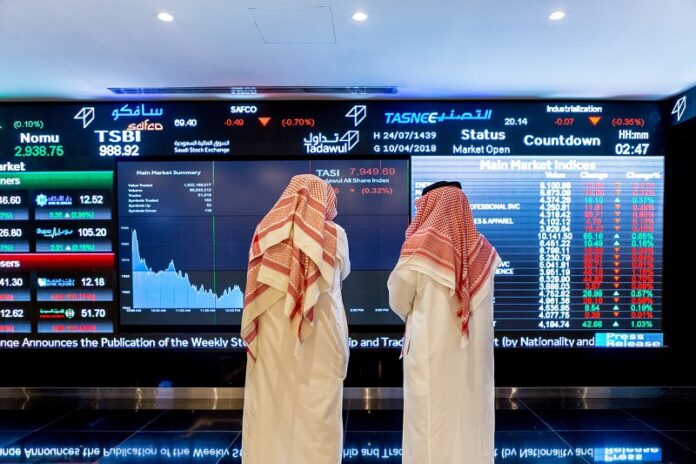The Arab Monetary Fund announced that Kuwait has shown advancement in the overall competitiveness index of Arab economies for the year 2023, securing the eighth position in the macroeconomic index compared to the ninth spot in the previous ranking.
As detailed in the seventh edition of the Arab Economies Competitiveness Report 2023, released today, Friday, and acquired by Kuwait News Agency (KUNA), the leading positions in the general competitiveness index of Arab economies were held by the Sultanate of Oman, Saudi Arabia, Qatar, the Emirates, Kuwait, and Bahrain, respectively.
The report highlighted that over the period from 2019 to 2022, four Arab countries maintained their competitive positions compared to the previous period (2018-2021), while competitive standings improved in nine Arab nations: Jordan, the Emirates, Algeria, Iraq, Oman, Qatar, Kuwait, Libya, and Yemen. On the other hand, four countries experienced a decline.
The UAE maintained its top position in the overall competitiveness index of Arab economies, excelling in both the macroeconomic index and the environment and investment attractiveness index. Following closely were Qatar in second place, and Saudi Arabia, Oman, Kuwait, and Bahrain securing the third, fourth, fifth, and sixth positions, respectively.
The report delved into the monetary and banking sector index across Arab countries, with Qatar leading in this category, benefiting from its advanced position in indicators such as credit extended to the private sector as a percentage of gross domestic product and the non-performing loans index.
Kuwait claimed the second spot in the monetary and banking sector index, attributed to its advanced position in the non-performing loans indicator and the foreign assets’ growth rate index. Meanwhile, Morocco secured the third position due to its high ranking in local liquidity as a percentage of gross domestic product.
In terms of the investment environment and attractiveness index, Kuwait ranked eleventh, while it secured the second position among Arab countries concerning the public revenues to gross domestic product index.
The report also highlighted that Kuwait, along with Qatar and Libya, occupied the top three positions at the group level for the current account to GDP index.
The Arab Monetary Fund’s report emphasized that several Arab countries have implemented comprehensive national strategies and visions to enhance production capacity, improve the efficiency of produced goods, and focus on productive sectors. These countries are also working to develop service sectors, facilitate the business environment, and improve infrastructure to address challenges hindering their competitive capabilities.
The report discussed various indicators, including those related to the real sector, government finance, the external sector, the macroeconomic and infrastructure index, institutions and good governance, economic freedom, environment and investment attractiveness, and the general competitiveness index.
Established in 1976, the Arab Monetary Fund is a regional Arab financial institution comprising 22 Arab countries, including Kuwait. Its mission, since commencing operations in 1977, is to establish the monetary components of Arab economic integration and promote economic development across all Arab nations

















